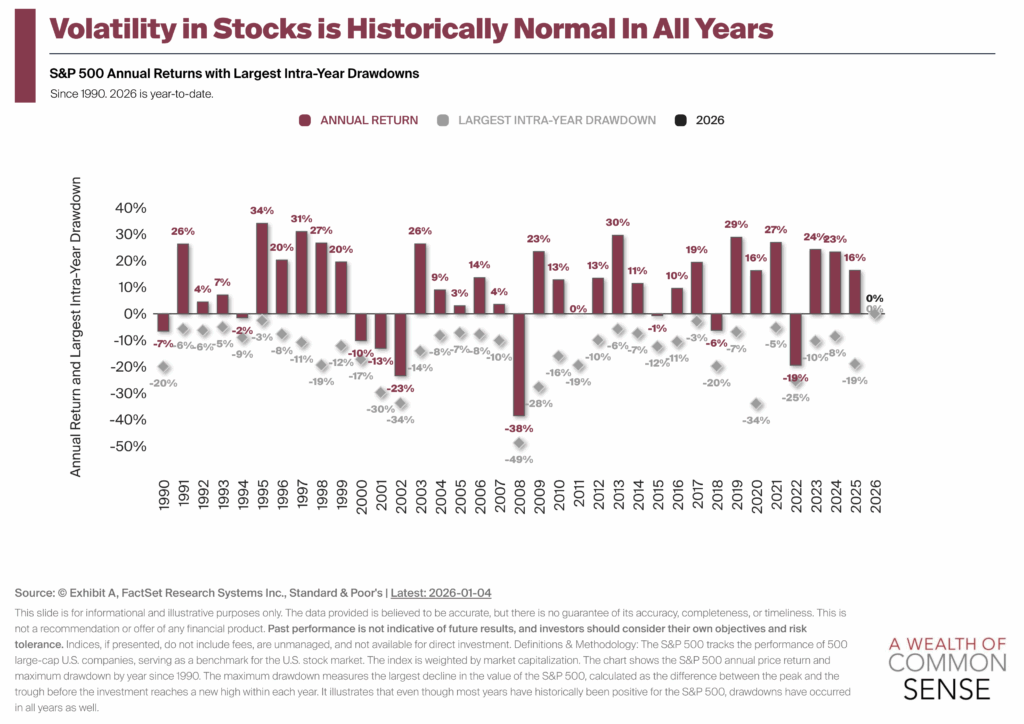This article was written for the Atlanta Business Chronicle Leadership Trust. To see the original post, click here.
In the fall of 2020, I published an article on how the sales tax picture is changing due to COVID-19. Now that we’re over a year into the pandemic, I wanted to provide an update on the sales tax landscape, what predictions have remained the same and what’s changed.
As mentioned in 2020, the pandemic changed life as we know it: From family events to work, education, and business, life went virtual. While things are increasingly going back to some level of normalcy, some things may never be the same.
When it comes to the pandemic, sales tax was impacted just like every other aspect of our lives. But how did it change, and what’s to come?
The pandemic slowed life — and retail and tourism spend — to a crawl. Jurisdictions’ sales tax revenues suffered — though predictions were sometimes far worse than reality.Their saving grace? E-commerce.
As brick-and-mortar stores became increasingly inaccessible, e-commerce boomed.
According to data collected by Statista, adjusted U.S. retail e-commerce sales were a little over $150 billion in the first quarter of 2020. For the last three quarters of the year, those sales hit on or above $200 billion each quarter. Online’s share of total retail sales blew away earlier predictions, hitting 21.3% in 2020 — reportedly the biggest year-over-year jump for U.S. retail sales ever recorded.
Widespread quarantines and lockdowns and the resulting remote work and education resulted in a spike in demand for software and collaboration tools to assist with the changes. Video and chat software became a necessity for family, friends, schools, and businesses to connect.
Digital media and streaming services benefitted from everyone stuck in their homes. As movie theaters closed, production companies looked to streaming services as a way to release new content and produce some sort of revenue while entertaining the public who remained in lockdown.
As a result of the economic nexus rules established in the previous year, plus mushrooming sales, more online businesses than ever were likely to incur sales tax obligations in new states and jurisdictions.
Latest developments
Due to the dependence on sales tax collections, jurisdictions continue to look for new ways to increase their sales tax revenues. This is most clearly shown in recent developments in two states.
Earlier this year, Florida enacted legislation that imposes sales tax economic nexus on remote sellers. Missouri, the final holdout state, followed suit a few months later when Gov.
Mike Parson signed SB153 (combined with SB97) into law, though their law does not go into effect until 2023.
Maryland has a domestically groundbreaking new tax on digital advertising and has extended the state’s existing sales and use tax to the sale of such digital goods as digital code, streaming, music, ringtones, e-books and other products. Other states are also interested in imposing similar requirements. Could this be a change to come for more states brought on by the surge in these digital products during the pandemic?
With a rise in vaccinations, people beginning to travel and more things opening up, we expect some sense of normalcy to return. But we also expect to see remnants of the way people shopped, met and did business throughout the pandemic to continue for a while.
What we all hope is the end game for COVID in the U.S. creates a few major questions for businesses:
• By the end of 2020, consumers had spent $861.12 billion online with U.S. merchants in 2020, up 44% year over year, according to estimates. Experts called it “the highest annual U.S. e-commerce growth in at least two decades.” Will this continue? In what market segments? How are you impacted?
• Is your business prepared for the end of states’ relief efforts for filing and remittance?
• State coffers weren’t hurt as much as initially predicted, but will this only make jurisdictions realize the importance of economic nexus and sales tax — and inspire states to intensify audits?
Will they step up their enforcement efforts related to businesses not adhering to the new economic nexus requirements?
• Will more states expand their taxability laws on software, streaming services, digital media and more?
• What about events? Will virtual events still take place? And will they end up being counted as a physical presence like a tradeshow? How would this be monitored?
• Will businesses continue to work remotely?
Hiring employees all over the country instead of being limited to their own state? This could have a big impact on sales tax for some businesses. As in previous months, states are still being lenient on this when it comes to pandemic-related employee changes, but as the trend continues, work-from-home efforts could create a big physical presence concern for some businesses.
Questions continue for governments and businesses alike on the lasting impacts of the pandemic, but the one constant is sales tax is consistently changing and evolving. Be sure to monitor your economic nexus-related activity (especially in new states), watch as taxability laws shift from state to state and be wary of any non-compliance as states continue to see the huge impact that economic nexus has had on helping their revenues grow.
Original Article






